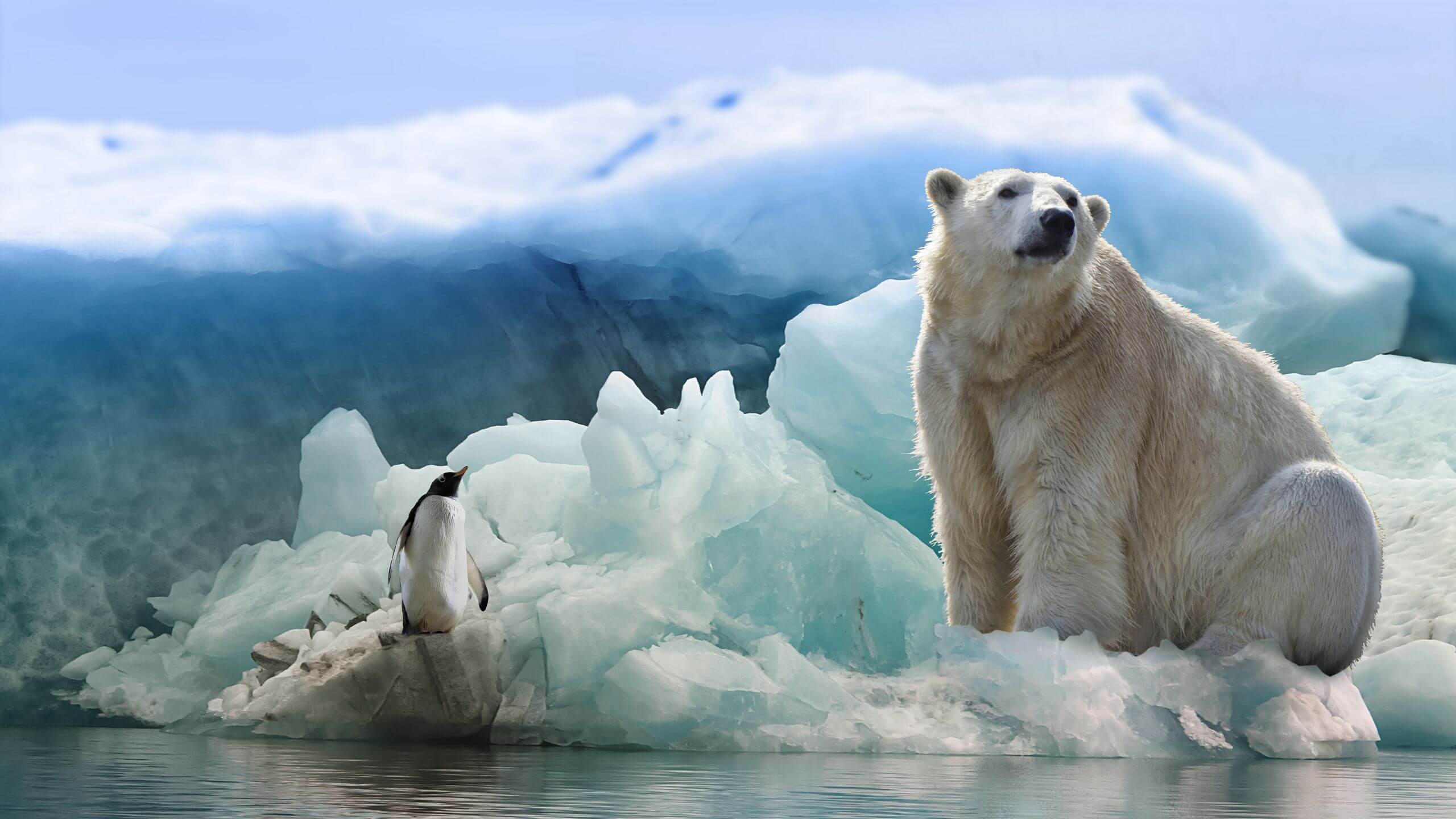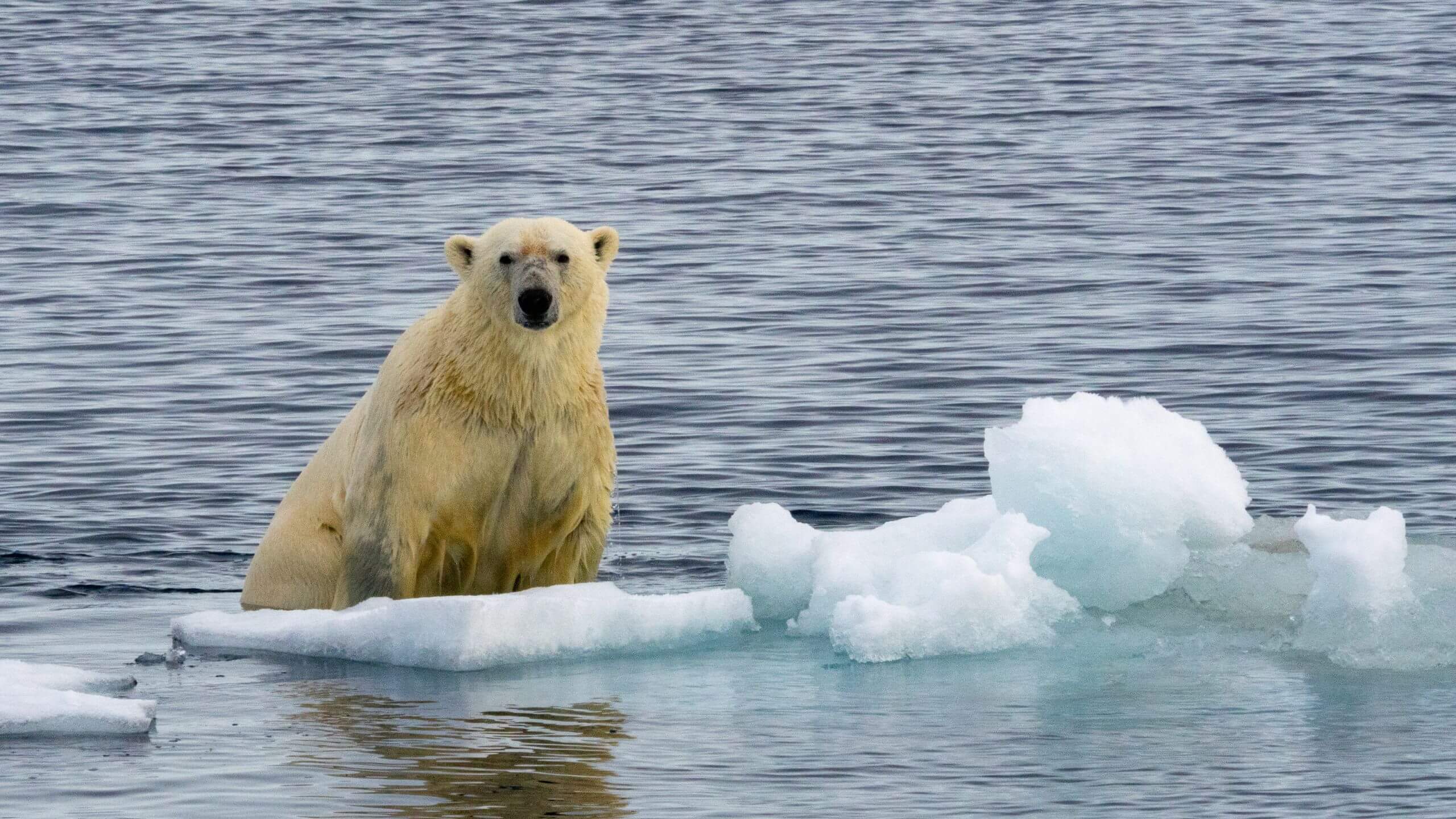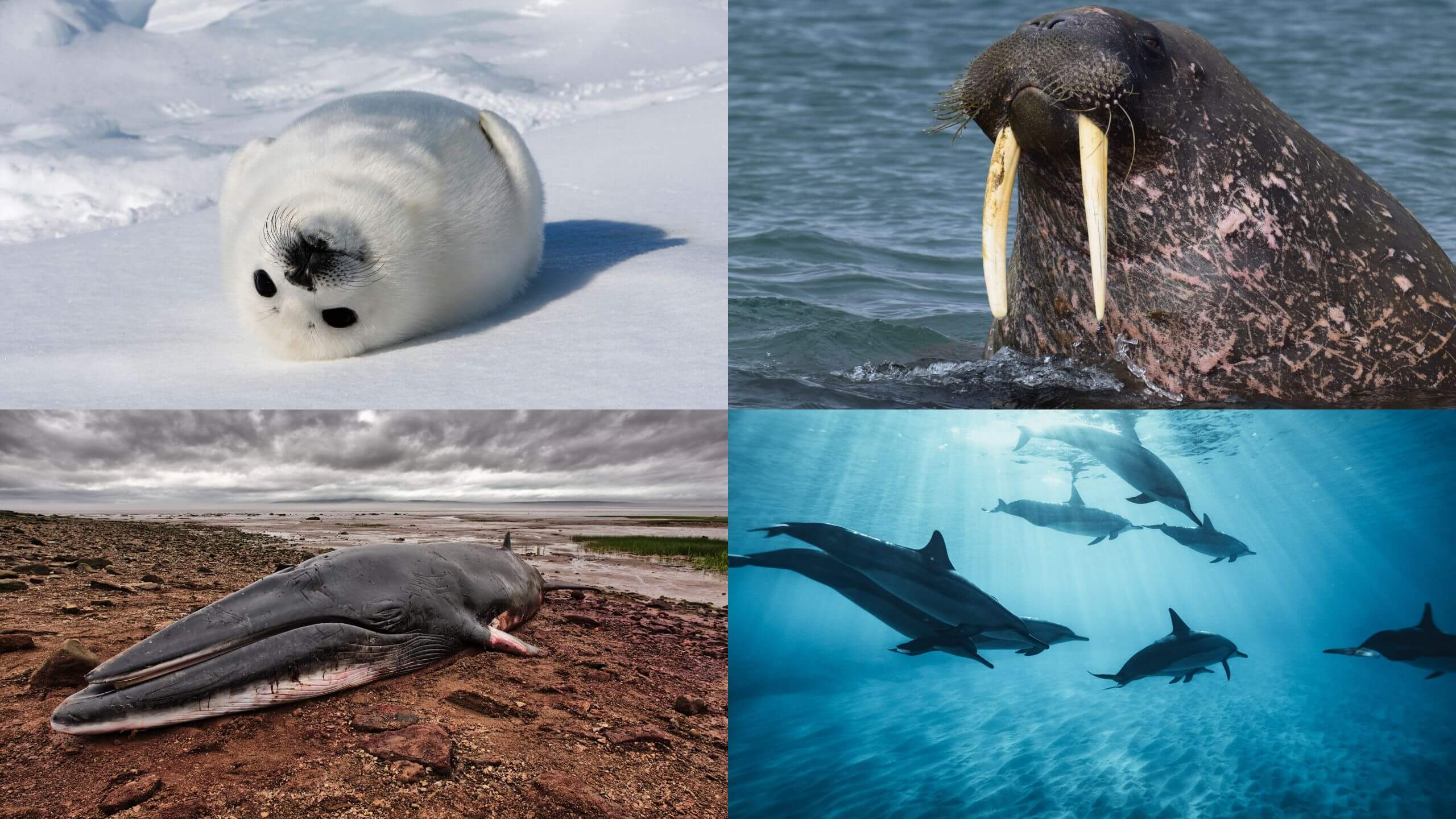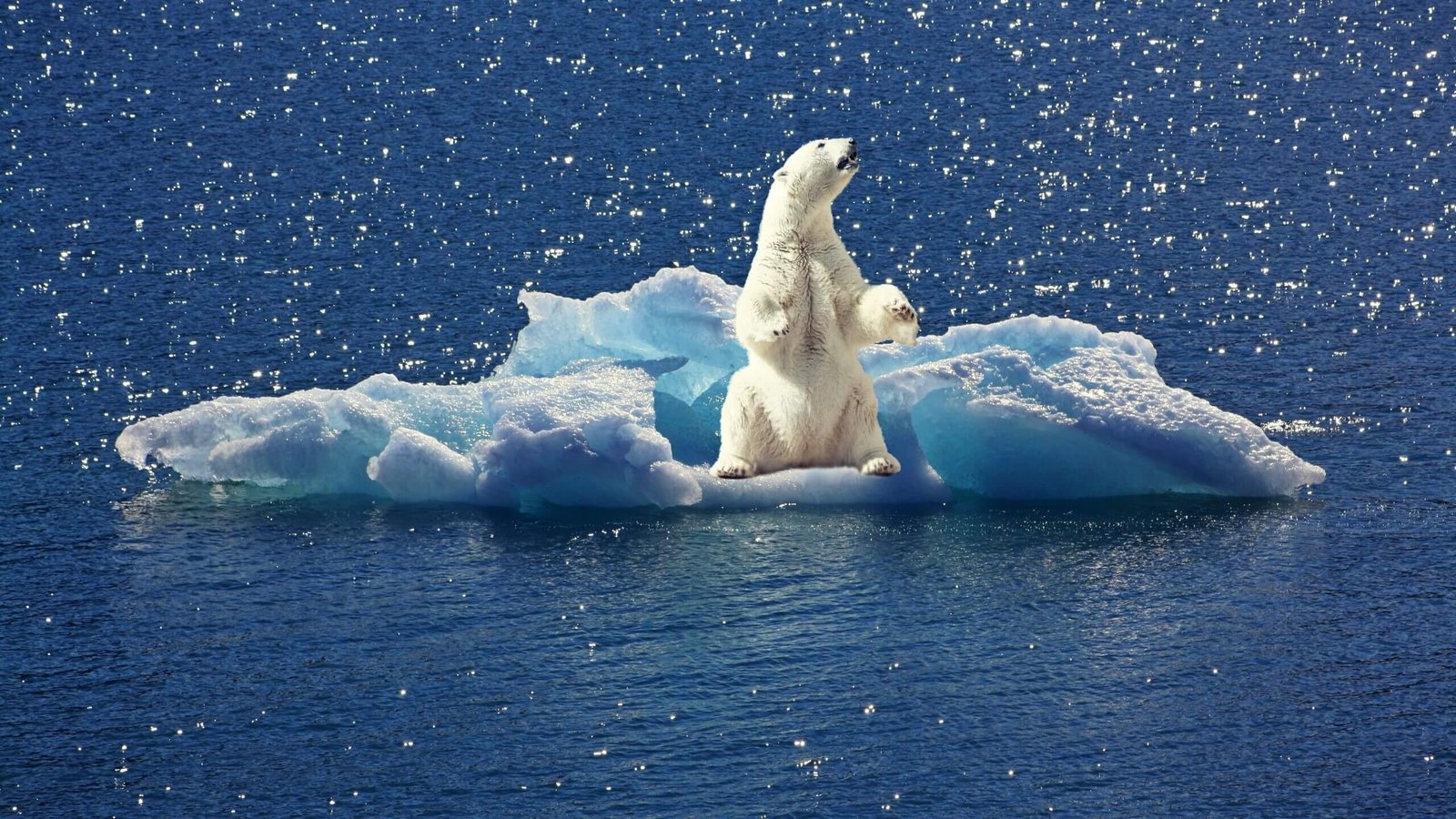Polar bears are the iconic species of the arctic ecosystem. They are one of the most significantly affected species due to climate change. They depend on sea ice to breed, hunt, and roam and sea ice is melting because of global warming. Let’s take an insight into why polar bears are so important to the ecosystem and what would happen to the ecosystem when no polar bears are left in the world.
Why Are Polar Bears Important
Polar bears play an important role in the Arctic ecosystem. They are the apex predators in their habitat and help to keep the population of aquatic animal species, such as whales and seals, and walruses in balance.
Polar bears are a keystone species that keep the sea ice intact and help in regulating climate change. Intact sea ice reflects sunlight into space rather than absorbing it into the sea, and so helps to reduce global warming.
The waste of polar bears provides nutrients to the environment in their habitat that otherwise would not be available. Moreover, the habitat of polar bears serves as a breeding and shelter area for many other animal species like birds and fish.

Why Are Polar Bears Important to the ecosystem
Polar bears do a lot of important work for the ecosystem. The following are a few examples:
- As top predators in their habitat, polar bears help in maintaining a balanced food web. They hunt many species of marine mammals like seals, walruses, whales, dolphins, and others. In such a way, polar bears play an essential role in maintaining the biodiversity within the Arctic marine ecosystem.
- Polar bears play an important role to disperse nutrients in the Arctic ecosystem. Their waste is an important source of nutrients for vegetation and plankton. They are also scavengers and eat carcasses and help in cleaning the Arctic environment.
- The populations of polar bears are an indicator of climate change because they greatly depend on the sea ice for hunting, breeding, and roaming. Their presence and thriving are essential for the maintenance of a healthy Arctic environment.

What would happen if polar bears went extinct
Without polar bears, there would be a drastic change in the Arctic ecosystem. As apex predators, they help in maintaining a balanced food web in their habitat. They hunt seals, walruses, whales, dolphins, and other aquatic mammals. Without them, there would be an increased population of their prey animal species that would then lead to a decrease in fish stock because of over-consumption.
🔬 Subscribe to SciMail
Get the latest science discoveries straight to your inbox!
Moreover, the droppings and carcasses of polar bears are an essential source of nutrients for vegetation and other organisms in the ecosystem. In such a way, they play an essential role in dispersing nutrients throughout the Arctic region. Without polar bears, the nutrient imbalance may suffer the whole ecosystem which would lead to an overall decreased biodiversity.
Additionally, polar bears hunt on the sea ice and influence the circulation patterns of the sea. It then helps in maintaining a healthy level of carbon dioxide in the atmosphere. So without this keystone species, there would be drastic changes all over many parts of the global environment which would have unknown consequences for both terrestrial and aquatic life.

How to save polar bears from global warming
Global warming poses a significant threat to polar bears as it causes sea ice, their primary habitat, to melt. To help save polar bears, it is important to address the root cause of global warming by reducing greenhouse gas emissions. This can be done through a variety of methods, such as increasing the use of renewable energy sources, improving energy efficiency, and adopting environmentally-friendly practices in our daily lives. Some specific actions that can help reduce the impact of global warming on polar bears include:
- Supporting policies and initiatives that promote the use of clean energy and reduce greenhouse gas emissions
- Reducing your own carbon footprint by using public transportation or driving a fuel-efficient vehicle, using energy-efficient appliances and lighting, and reducing meat consumption
- Supporting organizations that work to protect polar bears and their habitats
- Educating others about the impacts of global warming on polar bears and the importance of taking action to address it
It is important for individuals, governments, and businesses to work together to address the issue of global warming in order to help save polar bears and other wildlife affected by this environmental threat.


Leave a Reply